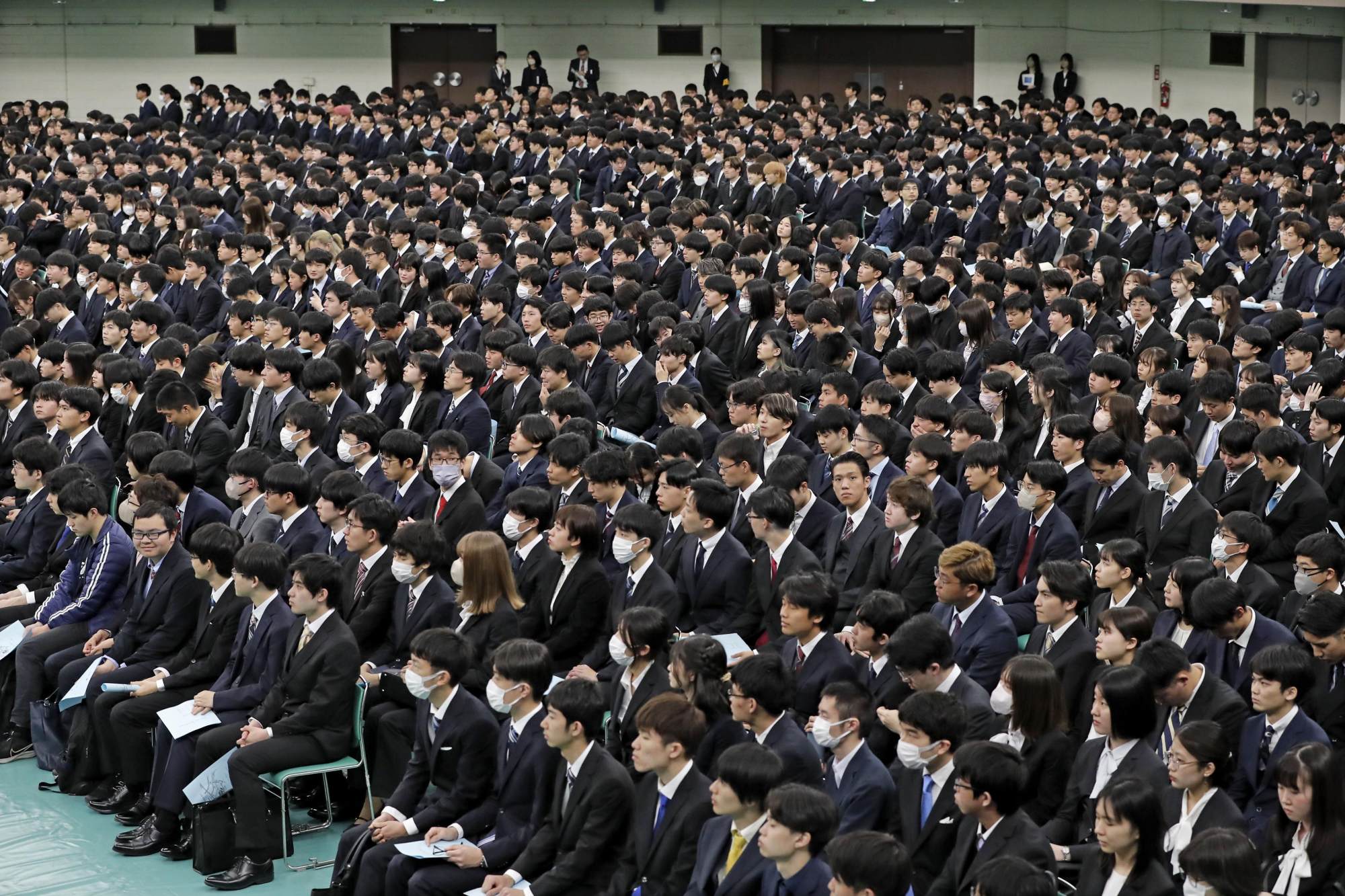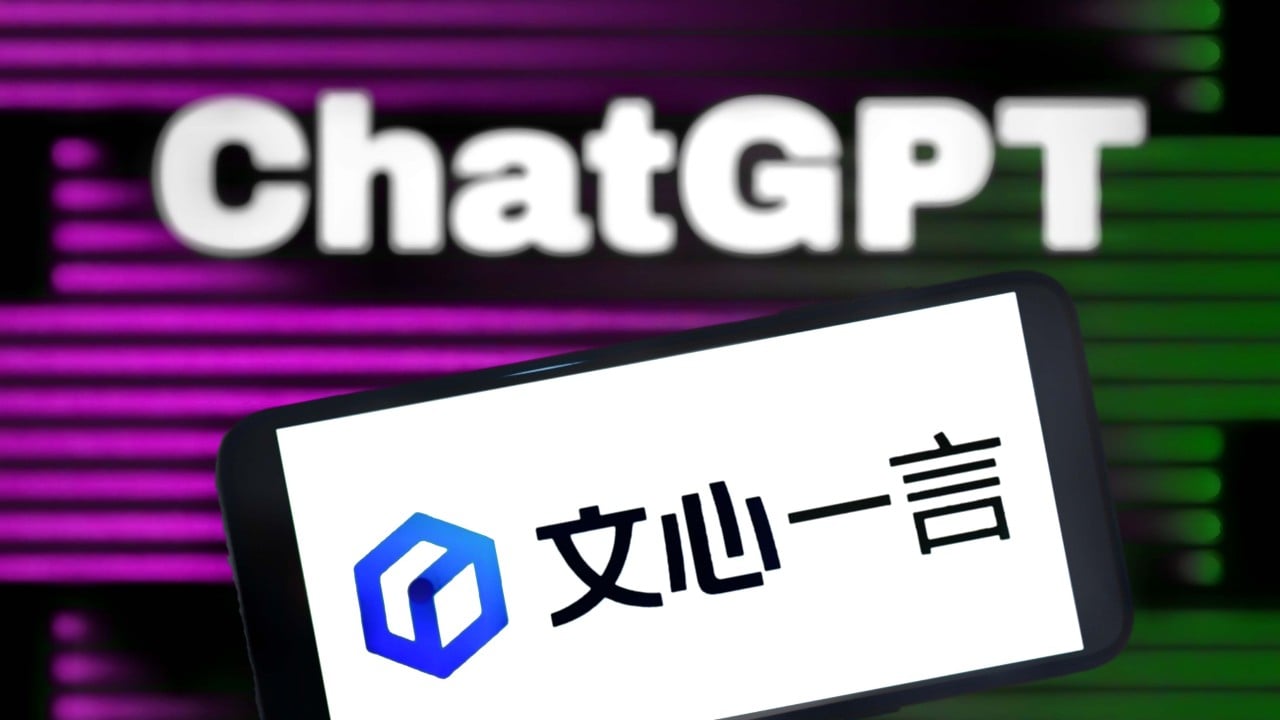AI could outperform 80% of Japanese students, primarily in math and science. However, in language and reading comprehension tasks, the AI was unable to recognize the emotional state of the protagonist or imagine how the cultural context creates meaning.
Interestingly, Arai's team recognized that emotional identification with characters is the dominant approach to reading in Japan, which stems from a deep East Asian literary tradition. More than plot structure, reading requires intimate emotional identification.
Across Japan, these skills are essential for success in everyday interactions, business negotiations, and artistic and cultural production. Based on this, Mr. Arai's proposals for the future were bold. The urgent challenge is not to further develop AI, but to educate more Japanese children to learn how to identify with others, better infer context, and adjust syntax to generate meaning. It was to do.

Since 2016, NII has focused on educational reform to help students learn things that AI cannot: the further humanization of education rather than the further development of AI. Only children with these skills will be able to avoid unemployment due to AI.
However, these discussions focus on cheating and personalization of instruction. Missing here is a deeper discussion of how AI systems need to be tailored to the pedagogical, psychological, and cultural context of Hong Kong education. NII's original conclusions are also not part of the conversation.
In November 2023, Libin Wang, then head of UNESCO's Education and Skills Development Department, said, “One of the challenges is that most generative AI models are trained primarily on Western data. It's localization, which can lead to a lack of context and culture.” Its relevance to the Asia-Pacific region…it could shape the minds of future generations. ”
To overcome cultural bias in the classroom, we need to decolonize AI
To overcome cultural bias in the classroom, we need to decolonize AI
In the 1990s and 2000s, the Hong Kong educational research community led the world in understanding how students from Chinese cultural backgrounds approach learning differently. Pedagogical research has revealed many discrepancies with Western data regarding concepts of learning, teacher interaction, and motivational patterns.
Research in psychology has shown that there is a different balance between cognitive, affective, and interpersonal foci. Philosophically, the concept of self has become more expanded and education has become viewed more holistically. Recognizing these differences has enabled institutions like the University of Hong Kong to become world leaders in educational research.

Unfortunately, this work is not reflected in the current debate about AI in education. Few seem to think that Hong Kong has the potential to build on its past and lead the development of AI models in the Asia-Pacific region.
Discussions in Beijing and Singapore are also much more thorough than in Hong Kong. For example, consider a recent book with the following title: Intelligence and wisdom: AI meets Chinese philosophers. This volume focuses on how the living traditions of Confucianism, Taoism, and Buddhism, in sharp contrast to Western philosophical traditions, lead to markedly different views about the future of human interaction with AI. I am.
Recognizing that current AI models are consistent with Western culture, AI Singapore, a government initiative to promote domestic AI development, developed SEA-LION to address the underlying cultural mismatch issue. Did. This open source Southeast Asian large-scale language model addresses regional usage, local languages, and region-specific cultural contexts.
Could Hong Kong take a similar approach to creating localized models?
Hong Kong needs a fundamental shift in thinking regarding AI in education. The city is rushing to “catch up” through shallow imitation, leaving behind decades of localized education research. At the Faculty of Education at the University of Hong Kong, our research group is committed to addressing the future of education characterized by AI by mobilizing HKU's world-class research and deep and fascinating heritage.
However, in the current climate where AI is viewed through the lens of simplistic technological solutionism, this type of localization work remains underfunded and misunderstood. We imagine that many small research groups across Hong Kong are also being relegated to the shadows.
Jeremy Rapley is a professor at the University of Hong Kong and previously led projects for the World Bank and UNESCO.



